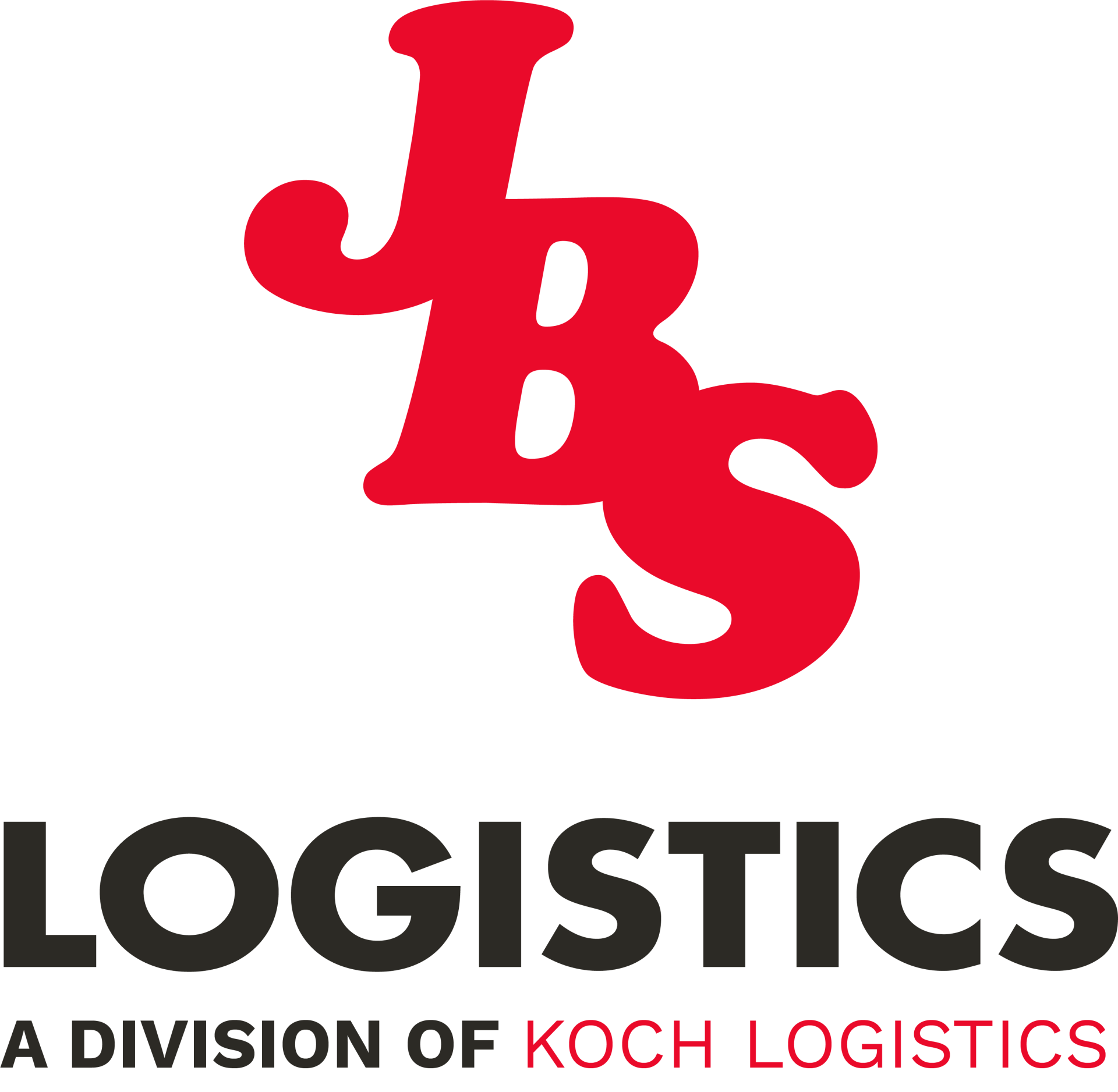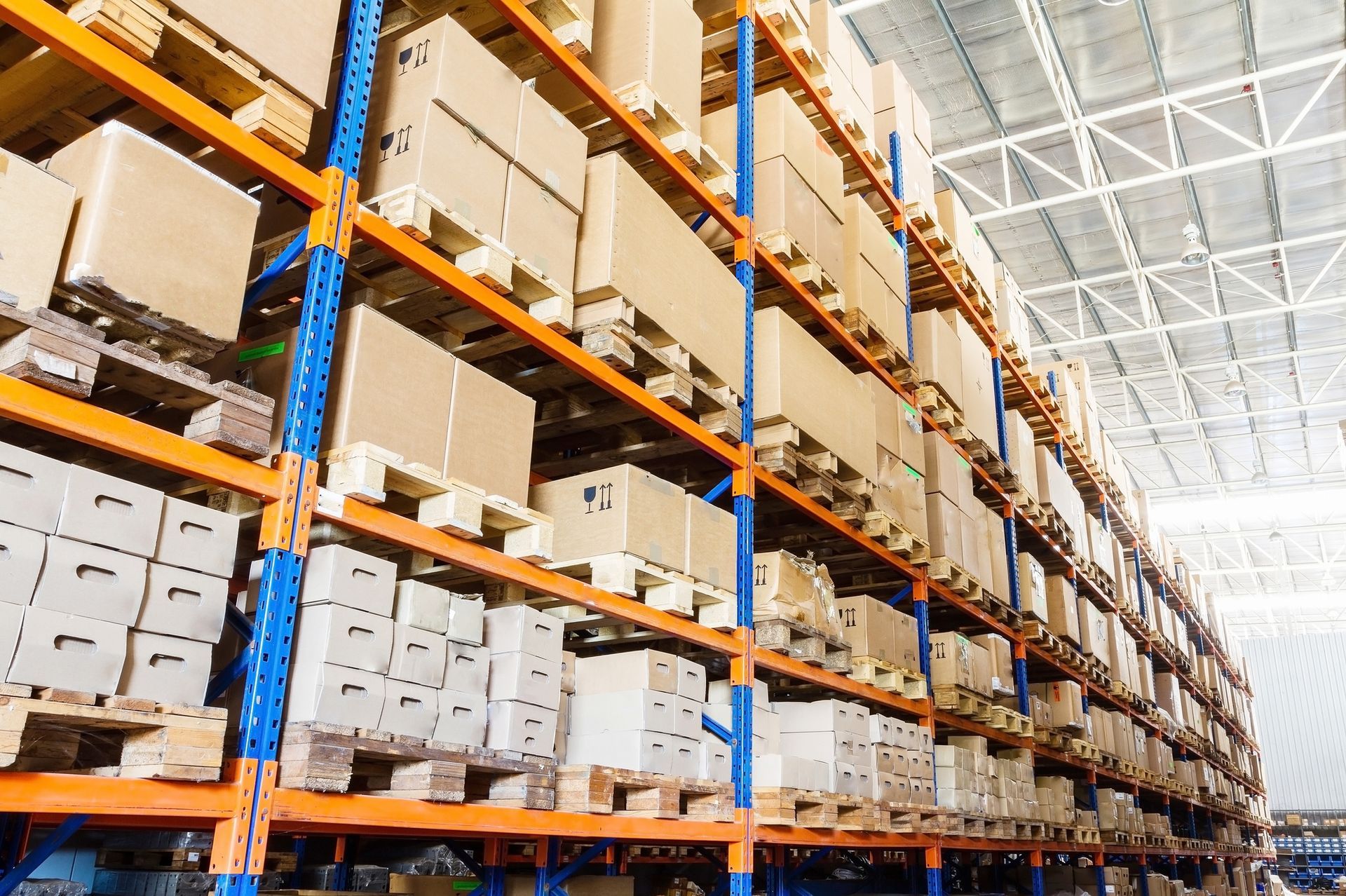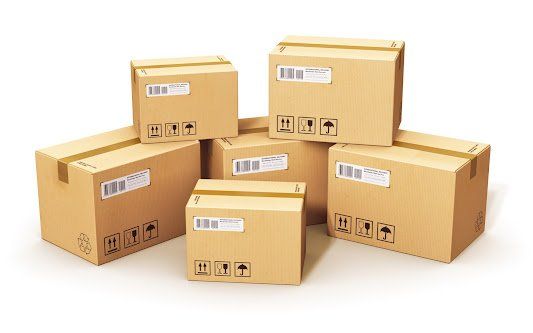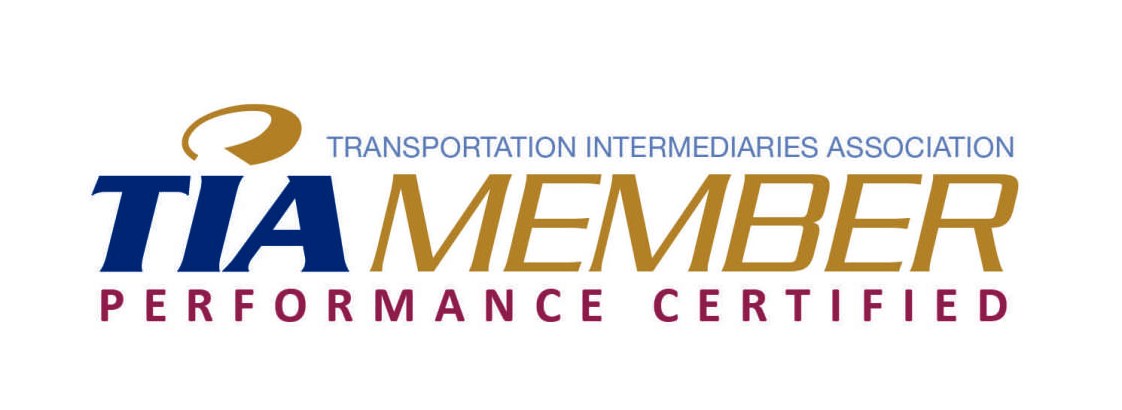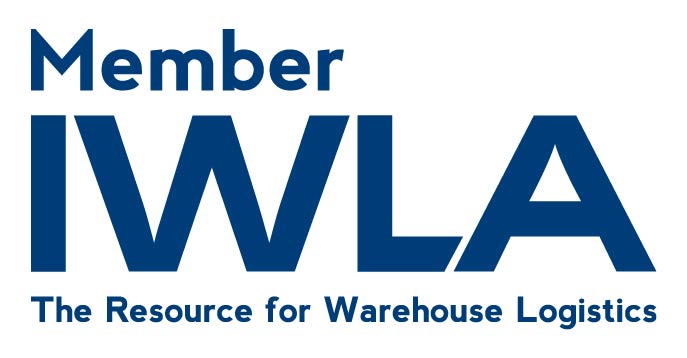JBS LOGISTICS HAS RE-BRANDED AS
KOCH LOGISTICS

This site will re-direct to
www.kochlogistics.com after Jan 1, 2025

Blog Layout
5 Indicators That You May Want to Outsource Fulfillment Operations
Admin • February 6, 2020

As your retail business grows, you will have to make choices about what is the most cost-effective and customer service-oriented way to handle many things. One of those elements should be the fulfillment of orders. If you currently pick and send all your goods in-house, this may be a good time to outsource this job to dedicated professionals.
But how can you know when to make this shift? Here are a few key indicators.
1. You Spend Too Much on Fulfillment
What percentage of time and payroll dollars does your business spend on the shipping end of things? Take some time to track actual expenditures — including labor, equipment, and supplies — devoted to fulfillment, and then compare it with your other operations. Try to compare this information with earlier periods' percentages to see how that need has been growing.
Armed with actual data, you should be able to price out the cost of hiring out your fulfillment operations. Is it more cost-effective to use a service? If it’s not effective yet, you may be able to determine the price point at which it will be.
2. You Aren't Innovating
Often, when a company has to spend a lot of time simply managing an ongoing process (such as packing and shipping), they don't have the time to put into improving their business.
Has your company put off trying new technology, improving product lines, or starting new product lines because you don't have the time and attention to give them? Take back some of your company effort so that you can focus on improving other facets.
Remember that much of the effort you put into fulfillment doesn't always translate to a value-added element. All the customer sees is whether or not their goods arrive on time. If you use a company whose sole focus is doing that, your customers will not notice the difference. So you can spend company resources on innovations that will be noticed by clients instead.
3. Your Staff Changes Regularly
Do you have trouble managing the labor side of the fulfillment process? If you have seasonal products, you may find yourself spending a lot of resources to hire, keep, and lay off temporary staff. Scaling up and down the payroll can be an expensive part of your business.
On the other hand, a fulfillment center doesn't have to respond to individual changes in customers' sales cycles because they work with many customers with varying needs.
4. Your Facilities Are Too Small
Many small but growing businesses quickly outgrow their facilities. Has yours done so? Are you making do with a space that's overcrowded, cluttered, inefficient, or outdated? Incorrect warehouse and shipping facilities slow down your people and your goods.
Before you invest in larger facilities, move your operation, or do a major renovation, though, consider simply moving the work off-site. You might even recapture that space to use for something else, such as larger sales or research departments.
5. You Could Use Technology Better
You probably don't keep up on all the latest trends in shipping, processing, or logistics. So you'll be forgiven for not using technology like software that tracks vendor cycles, times, and error rates or the latest inventory management systems. Even if you want to, you may also be limited by your budget and experience.
By outsourcing this work, though, you take advantage of these trends and data when you work with a fulfillment center that does use it. You can even enhance the customer experience by using a company with good shipment tracking services and customer communication methods.
Does your company fit any of these descriptions? If so, learn more about outsourcing your fulfillment services from JBS Logistics. Together, we can improve your operations, lower costs, and create an even better customer experience. Call today to make an appointment.
Main Number: 800-877-3953 | Customer Service: 630-672-7546 | Accounts Payable: 630-672-7542
If are a new carrier and wish to register with us contact us via phone at 1-800-877-3953
2043 Corporate Lane, Naperville, Illinois 60563
Phone Number: 800-877-3953
Customer Service: 630-672-7546
Accounts Payable:
630-672-7542
Headquarters: 2043 Corporate Lane Naperville, Illinois 60563
Content, including images, displayed on this website is protected by copyright laws. Downloading, republication, retransmission or reproduction of content on this website is strictly prohibited.
Website Terms & Conditions •
Privacy Policy
